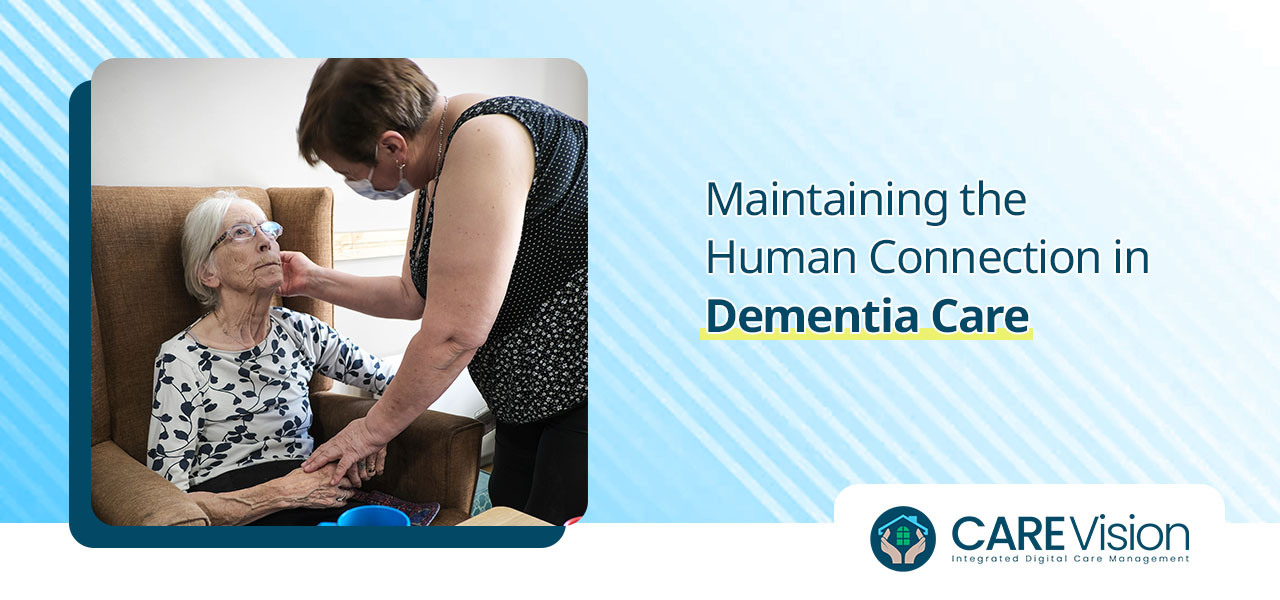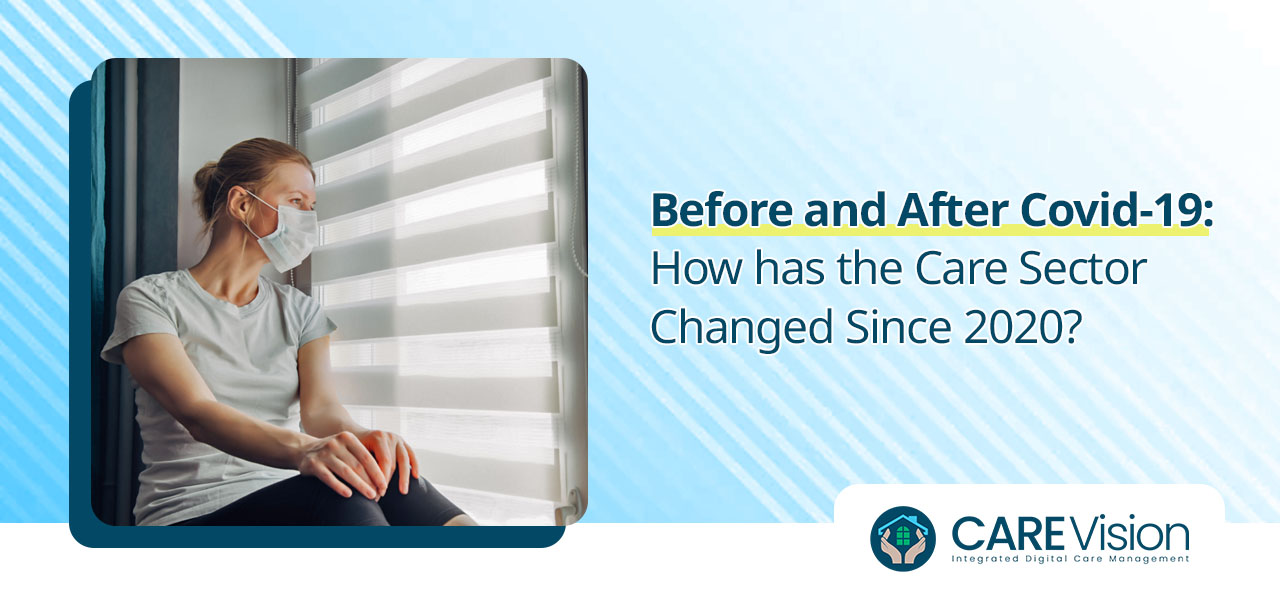Ensuring that care home residents have access to good quality, appropriate, healthy food and drink must be at the heart of all care home management. Nutrition is a basic human need, without which none of us can thrive. Caring for people who are older, disabled, unwell or vulnerable in some other way requires an even closer eye on ensuring proper nutrition. This is because some people may not have the capacity to make healthy decisions around eating by themselves, or are unable to access food and drink without help.
Food and nutrition guidelines
Care managers seeking advice and information about what to include in their care home nutrition guidelines UK have plenty of places to look online. The overall Health and Social Care Act of 2008 includes Regulation 14, which states that care providers must ensure that the nutritional and hydration needs of the people who use their services are met in full.
Other relevant legislation includes the 1990 Food Safety Act, Food Hygiene (England) Regulations from 2013, the 2014 Food Information Regulations and Food Information (Amendment) (England) Regulations of 2019.n The CQC website carries more information on care home nutrition guidelines UK.
A basic right
At the heart of care home nutrition guidelines UK is the right that everyone has to a varied and nutritious diet that meets their needs and provides choice, pleasure and clear benefits to health. When a care home work to person-led care principles, this can be simple to accomplish. Residents and patients are asked for their food and drink preferences when they first arrive at the care home.
Their diet and eating and drinking habits are carefully monitored and interventions put in place to help prevent dehydration or malnourishment. Tools such as the MUST (Malnutrition Universal Screening Tool) score help with this and are readily available on digital care management platforms such as Care Vision.
Health and safety
It goes without saying that care home nutrition guidelines UK must include details about how the food is stored, cooked and served in order to keep people safe and healthy. These areas are all covered by the food and nutrition legislation and regulations detailed at the top of this article. Strict attention must be paid to how to store food and at what temperatures. Best before or use by dates must be strictly adhered to, along with cooking instructions, including whether or not you can freeze food and for how long.
Other considerations must be taken into account around food and drink allergies, side effects when consumed while people are taking certain medications and serving food and drink at safe temperatures and in healthy quantities. Again, all of this can be monitored and planned using tools contained within Care Vision.
More nutritional considerations
Care home nutritional guidelines should also take into account how, where and how often food and drink are served. For example, residents should be offered meals three times per day (with at least one of those meals being cooked and served hot), as well as hot and cold snacks and drinks as appropriate. Clean, fresh water must always be available for drinking and taking medication.
Residents who have specific religious, cultural or personal requirements around eating must be catered for. There should be a good choice of items to eat and drink, with menus being changed regularly and choice of dishes being made a priority. All allergen information must be made available to help people have a safe, informed choice of menu items. Finally, residents and their families and loved ones should be consulted around meal choices wherever possible.
Eating for pleasure
Along with the nutritional value of eating good, well-prepared food, mealtimes and snack breaks should be considered enjoyable activities. They offer residents and staff an opportunity to socialise, talk about the day and share companionship. People should not be expected to rush their food or drink. Rather, mealtimes should be relaxed and unhurried with no time pressures introduced to the schedule.
This could lead to people eating too quickly and suffering from indigestion. Or residents might feel compelled to leave food on their plate that they might otherwise have enjoyed eating. Food and drink should be presented to look appealing as well as taste nice. This can help reluctant eaters to consume more and so support their overall health and wellbeing.






